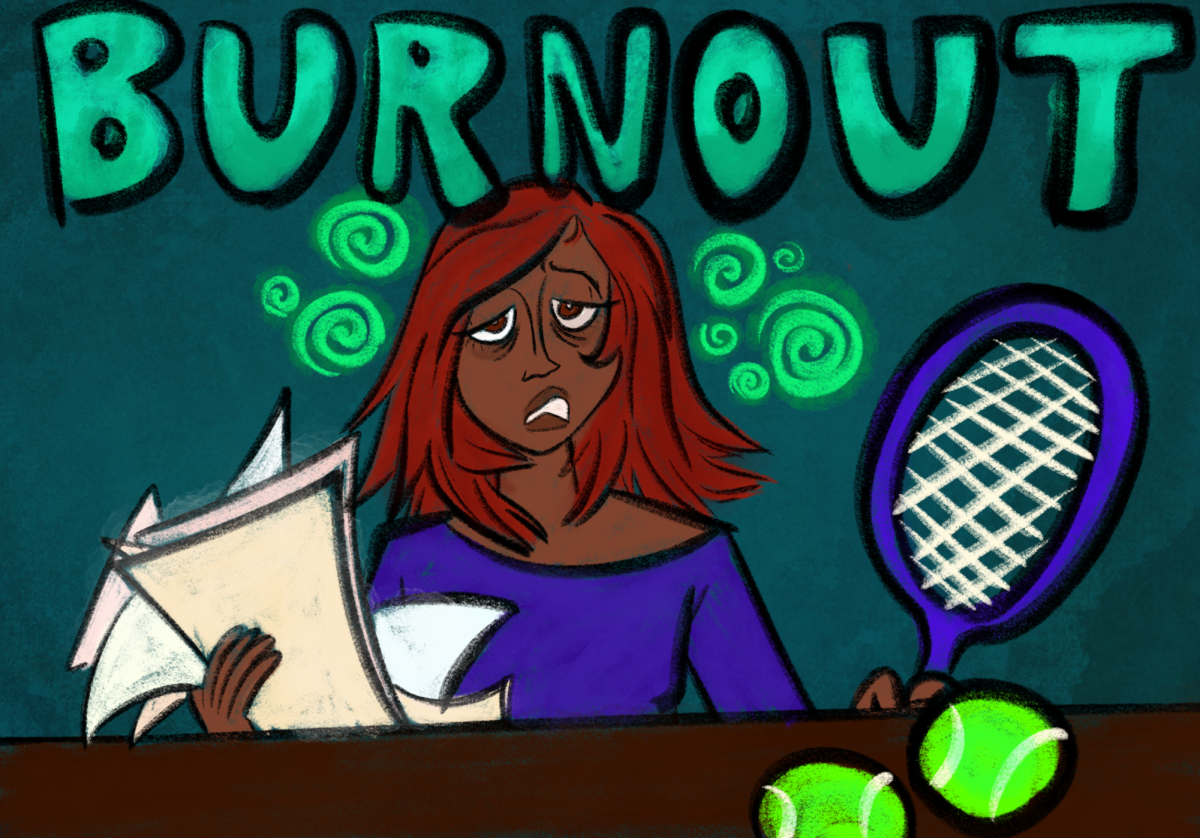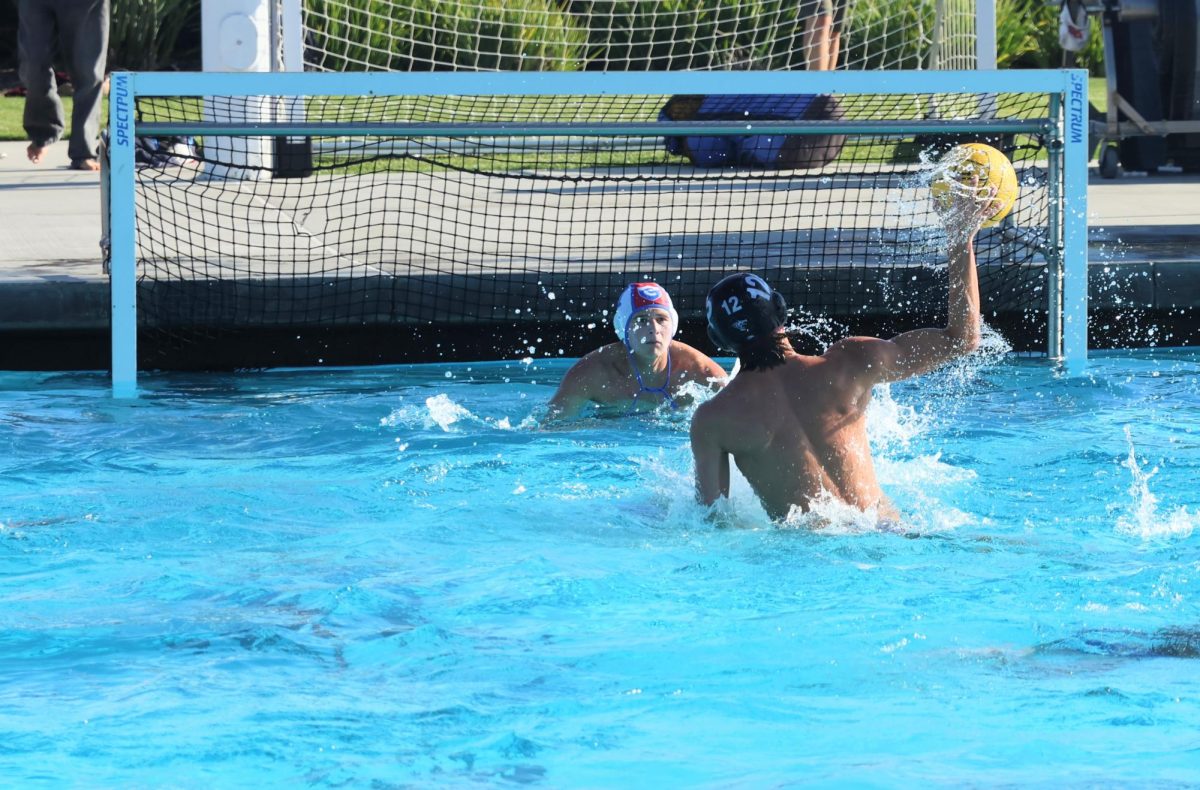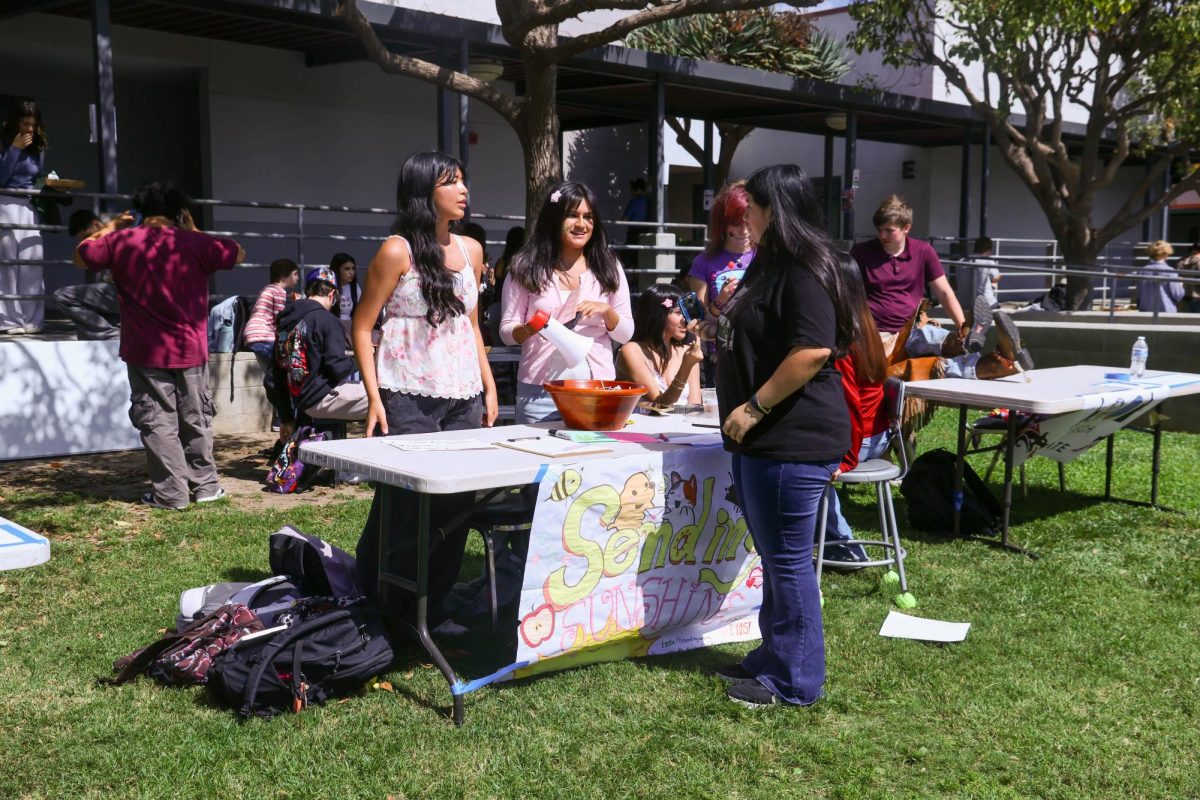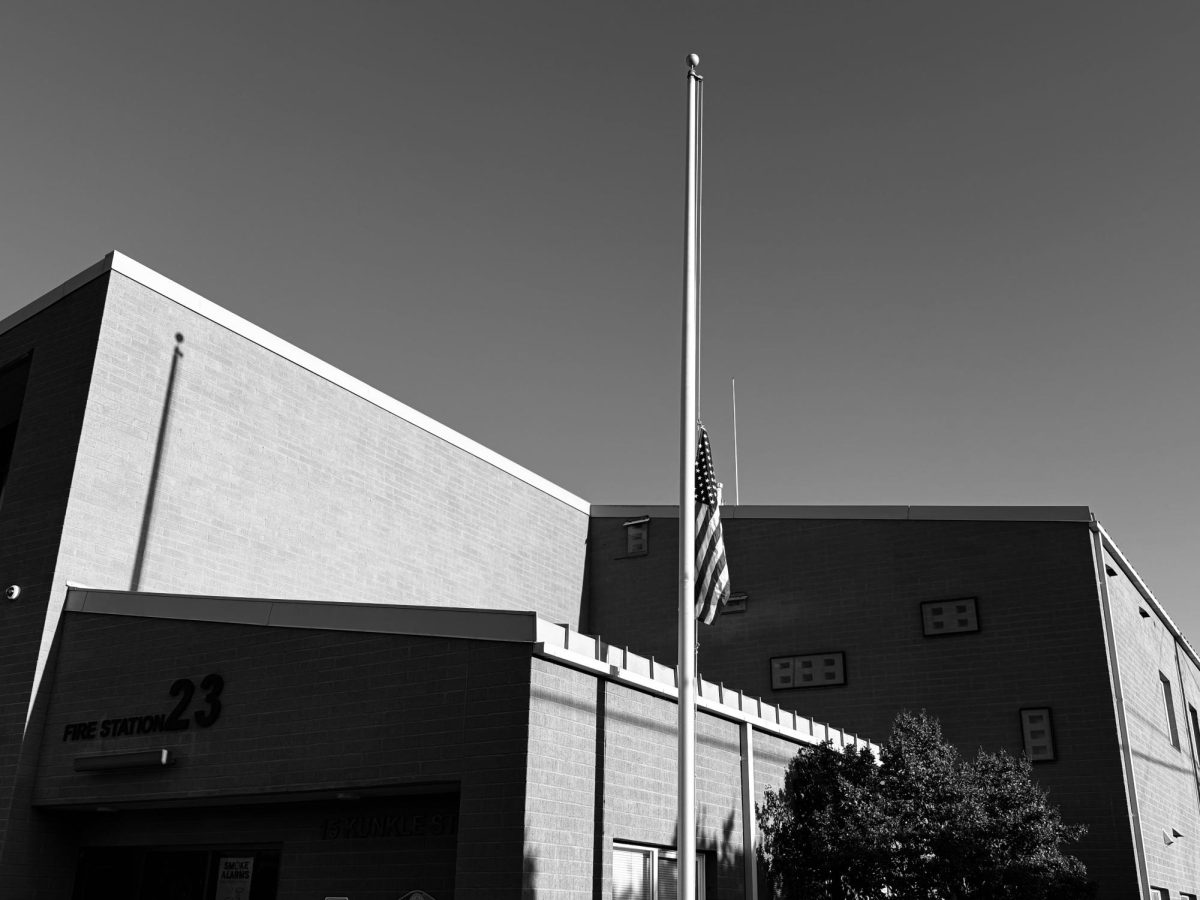High school students across the United States and within Foothill Technology High School (Foothill Tech) face mounting academic pressure as future careers and opportunities can heavily depend on the years of high school. Not only do many students spend time studying for Advanced Placement (AP) classes, participate in clubs and do community service, but many also handle the strain of being student athletes. Whether planning to attend higher education or not, high schoolers often find themselves with minimal time for learning and exploring their personal interests, which has resulted in a student burnout epidemic.
Academic burnout
In an era where high school students are expected to graduate with pre-professional abilities, a surplus of community service hours and dozens of extracurriculars, it is only inevitable that high school students face burnout. Now, what is burnout? According to the National Library of Medicine (NLM), burnout amongst students is a state of “emotional exhaustion, cynicism about school and feelings of inadequacy,” that can manifest as chronic fatigue and the perception of school demands as uncontrollable.
Unfortunately, the student burnout rate has worsened due to the COVID-19 pandemic, which not only brought months-long quarantine periods and online school, but also elevated levels of anxiety and depression. Consisting of monotonous, droning classes over Zoom, both secluded students and teachers struggled to adapt. In a global 2023 study by the NLM, researchers world-wide collected data after the pandemic that suggest an average prevalence of burnout in middle and high school students at 14.36 percent. This data was identified as significantly higher burnout scores compared to a study run in 2014, induced by a variety of variables including lack of support and an increased workload to manage from home.
With students attending school in-person again, many face issues such as social anxiety and demotivation, along with academic demands. Madeleine Wicks ‘26 explains that she feels “pressured due to academic stress every day,” and that “many [other] students [also] feel excessive pressure to do well.” Whether the pressure is from the expectations of herself, family, friends or teachers, a heavy workload or worries for the future, these aggravating circumstances can lead to lack of sleep and less time for hobbies and personal pursuits.
Additionally, Foothill Tech fosters an especially rigorous and competitive environment since many students attend the school aiming to join one of the offered academic pathways, including the Bioscience or DTech Academy, software development programs and more. “Inevitably, this has led to a highly competitive atmosphere where students feel pressured to do well,” Aadhya Bavkar ‘25 stated.
Athletic burnout
In 2020 and 2021, the National Survey of Children’s Health found that 50.7 percent of students who were in the ages of 6 through 17 participated in a school sport or after school extracurricular involving athletics. For student athletes, it can be extremely difficult to balance a loaded schedule filled with draining sports and stressful academic classes, which can lead to burnout. The possible nagging to continue a sport and continuously push yourself, is ever growing from faculty or parents alike. Although student athletes have to struggle with this pressure, they are still required to manage their time well and prepare for hard time constraints.
With the pandemic, many students became accustomed to the fact that they had extra time and nothing to do. But since schools have gone back in-person, student athletes are now tasked with the fact that they have stricter deadlines with academics, as games and practices not only take up time, but can make them physically and mentally drained. Exhaustion can lead to copious amounts of demotivation, as water polo and volleyball player Jaelisa Lozano-Rivera ‘26 puts it, “I don’t get home [until 6 p.m.] most days, which can be draining and can make me unmotivated to do homework.”
While participating in sports can be draining for some, for others life would feel empty without it. Furthermore, the overload of game after game, or practice after practice, can also make it seem like the training is endless. Most athletes spend two to four hours a day at practice, while games and tournaments can span up to weekend long trips. For many students who participate in athletics, sports can take up most of their free time, but as tedious as it may seem, athletes also have to make time for work, proper self-care and academics. For volleyball player Ashlynn Mullin ‘24, she aims for days off, stating, “Some days I do wish I had just a day off because on weekends I either have tournaments … or I have to [go to work] so I pretty much never get a day off.”
High school is a crucial time period for teenagers, as it encompasses the years before one transitions from childhood to adulthood and is an opportunity to learn about their personal goals. However, the classes that students take in high school are anything but easy, and students are encouraged to challenge themselves for their own benefit. The mental burden of these complicated classes, combined with the physical exhaustion of sports can become only important to build a resume, instead of for the sake of the bigger picture. When the purpose of one’s high school career becomes solely for the future, when does it become too much? When does the enjoyment of high school morph into the dread of college?
To combat the draining mindset of completing high school for the sake of collecting accolades instead of personal development, it is essential that high school students change their perspective. Bavkar notably adds that although it is easier said than done, “We as students should be able to view academic rigor as not a competition, but rather a personal challenge for growth.” Furthermore, students should remember that it is okay to seek support and take breaks when needed. The Wellness Center at Foothill Tech stands as a testament to the understanding that success is not just about achievements, but also about maintaining mental and physical well-being. As teenagers navigate the demands of high school life, prioritizing health and happiness as much, if not more, as grades and trophies is crucial. The true victory lies in growing into well-rounded, resilient individuals.




















Preston Alford • Jan 22, 2024 at 1:52 pm
I totally agree! Everytime after playing sports or doing schoolwork I make sure to do 30 minutes of yoga & meditation in order to clear my mind and make it so I can really enjoy my relaxation without school or sports on my mind.<3